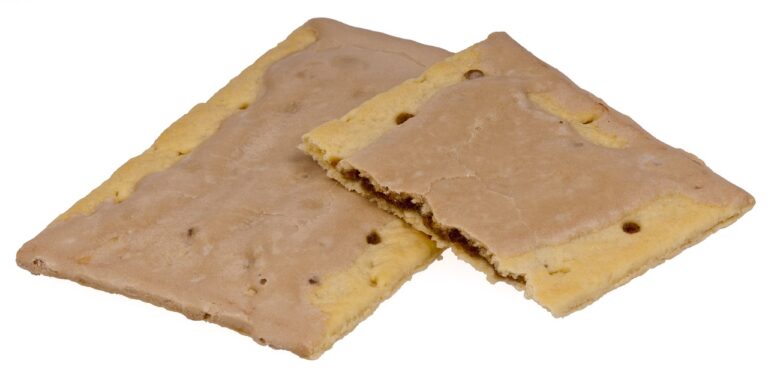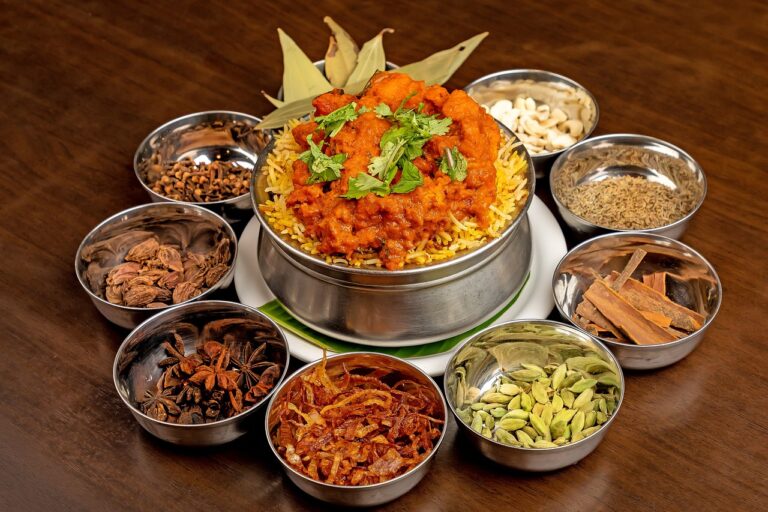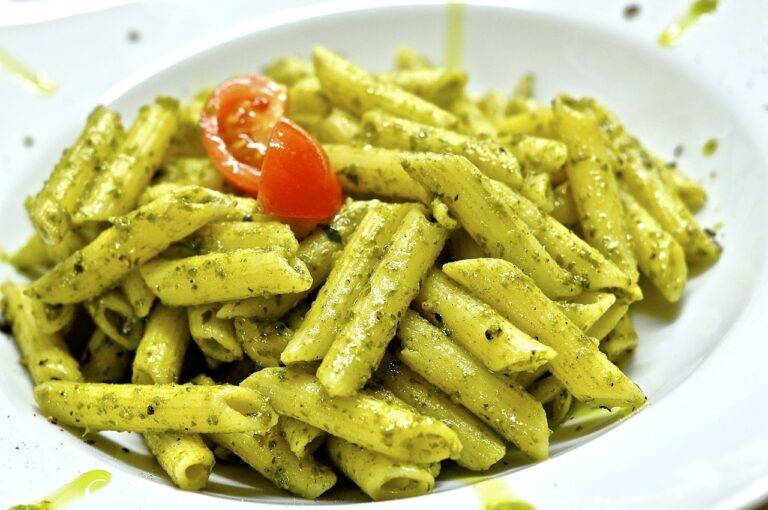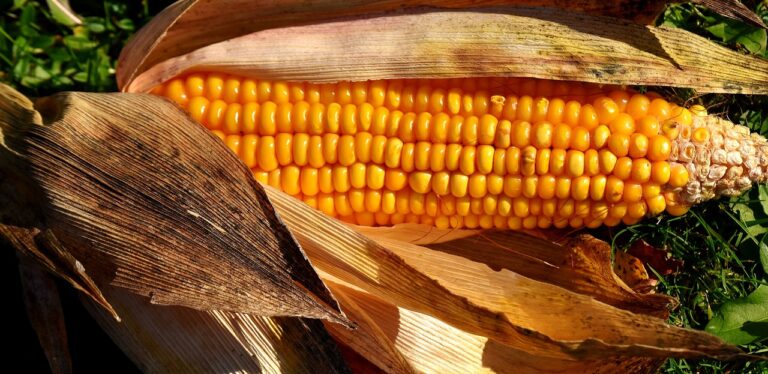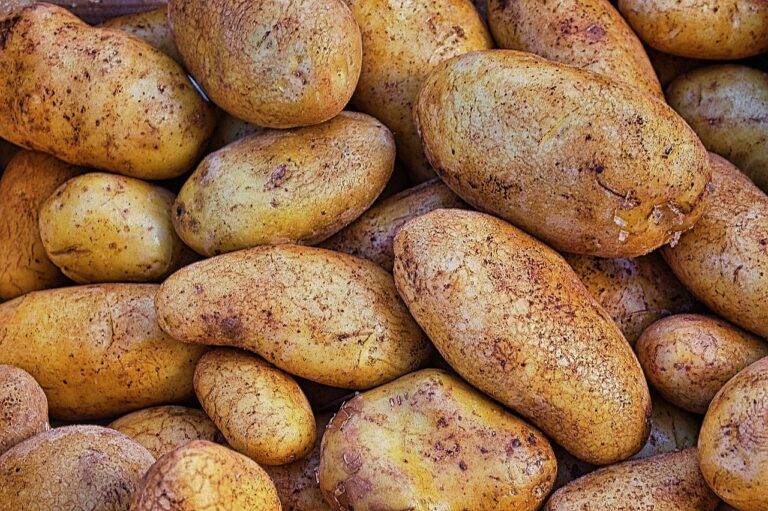The Role of Olive Oil in Celebrating Community Events: Sky247 login, Diamondexch9.com, Tiger exchange
sky247 login, diamondexch9.com, tiger exchange: When it comes to celebrating community events, food plays a significant role in bringing people together. One ingredient that has been a staple in community gatherings for centuries is olive oil. Olive oil is not only a versatile and delicious ingredient in cooking but also holds cultural and symbolic significance in many communities around the world. In this article, we will explore the role of olive oil in celebrating community events and how it brings people together in a meaningful way.
The History of Olive Oil in Community Events
Olive oil has been a part of human history for thousands of years. In ancient civilizations such as Greece and Rome, olive oil was not only used for cooking but also played a significant role in religious ceremonies and rituals. Olive oil was considered a sacred symbol of health, fertility, and prosperity, and was often used in offerings to the gods.
As civilizations evolved, olive oil continued to be a central part of cultural traditions and community events. In Mediterranean countries such as Italy, Spain, and Portugal, olive oil is a fundamental ingredient in traditional cuisine and is often used in festive dishes served during celebrations and gatherings.
The Symbolism of Olive Oil in Community Events
Olive oil is more than just a cooking ingredient it is a symbol of unity, friendship, and abundance. In many cultures, olive oil is seen as a symbol of peace and harmony, and is often used to bring people together in times of joy and celebration.
In religious ceremonies, olive oil is often used to anoint individuals as a sign of blessing and protection. The act of anointing with olive oil is believed to bring healing, purification, and spiritual renewal.
In community events such as weddings, festivals, and harvest celebrations, olive oil is often used in traditional rituals and ceremonies to symbolize prosperity, longevity, and good fortune. Olive oil is also a symbol of generosity and hospitality, as it is often shared with guests as a sign of welcome and appreciation.
The Culinary Significance of Olive Oil in Community Events
Olive oil is a versatile and essential ingredient in Mediterranean cuisine, known for its rich flavor and health benefits. In community events such as potlucks, picnics, and barbecues, olive oil is often used in a variety of dishes such as salads, dips, marinades, and main courses.
Olive oil is a key ingredient in classic dishes such as hummus, tzatziki, caprese salad, and paella, and is often drizzled over grilled vegetables, meats, and seafood for added flavor and moisture.
In baking, olive oil is used in traditional recipes such as olive oil cake, focaccia, and biscotti, adding a unique depth of flavor and moist texture to the final product.
The Health Benefits of Olive Oil in Community Events
Olive oil is not only delicious but also incredibly nutritious. Rich in monounsaturated fats, antioxidants, and vitamins, olive oil is known for its numerous health benefits, including reducing the risk of heart disease, lowering cholesterol levels, and promoting overall well-being.
In community events where food plays a central role, using olive oil in cooking can be a healthy choice for attendees. Olive oil is a healthier alternative to other cooking oils and fats, providing a source of good fats and nutrients without compromising on taste.
In addition to its health benefits, olive oil is also suitable for individuals with dietary restrictions such as vegan, vegetarian, and gluten-free diets. Olive oil is a versatile ingredient that can be used in a variety of dishes to accommodate different dietary needs and preferences.
The Environmental Impact of Olive Oil in Community Events
Olive oil is not only good for our health but also for the environment. Olive oil is produced from the fruit of the olive tree, which is a sustainable and eco-friendly crop that requires minimal water and resources to grow.
Olive oil production also contributes to the preservation of biodiversity and natural habitats, as olive trees are often grown in traditional agroforestry systems that support a variety of plant and animal species.
Supporting local olive oil producers at community events can help promote sustainable agriculture practices and preserve cultural heritage and traditions. By choosing high-quality, locally produced olive oil, we can contribute to a more sustainable and ethical food system that benefits both people and the planet.
In summary, olive oil plays a vital role in celebrating community events by serving as a symbol of unity, friendship, and abundance. From its cultural significance to its culinary versatility, olive oil brings people together in a meaningful way and contributes to the health and well-being of individuals and the environment.
FAQs
Q: Can olive oil be used in baking?
A: Yes, olive oil can be used in baking to add flavor and moisture to cakes, bread, and cookies.
Q: What is the difference between extra virgin olive oil and regular olive oil?
A: Extra virgin olive oil is the highest quality and least processed form of olive oil, with a rich flavor and low acidity. Regular olive oil is a blend of virgin and refined olive oils with a lighter flavor and higher acidity.
Q: Is olive oil suitable for frying?
A: Yes, olive oil is suitable for frying as it has a high smoke point and contains healthy fats that are stable at high temperatures.
Q: How should olive oil be stored?
A: Olive oil should be stored in a cool, dark place away from heat and light to prevent oxidation and spoilage.
Q: Can olive oil go bad?
A: Yes, olive oil can go bad if exposed to heat, light, or air for an extended period. It is best to use olive oil within 6 months to 1 year of opening for optimal flavor and quality.


